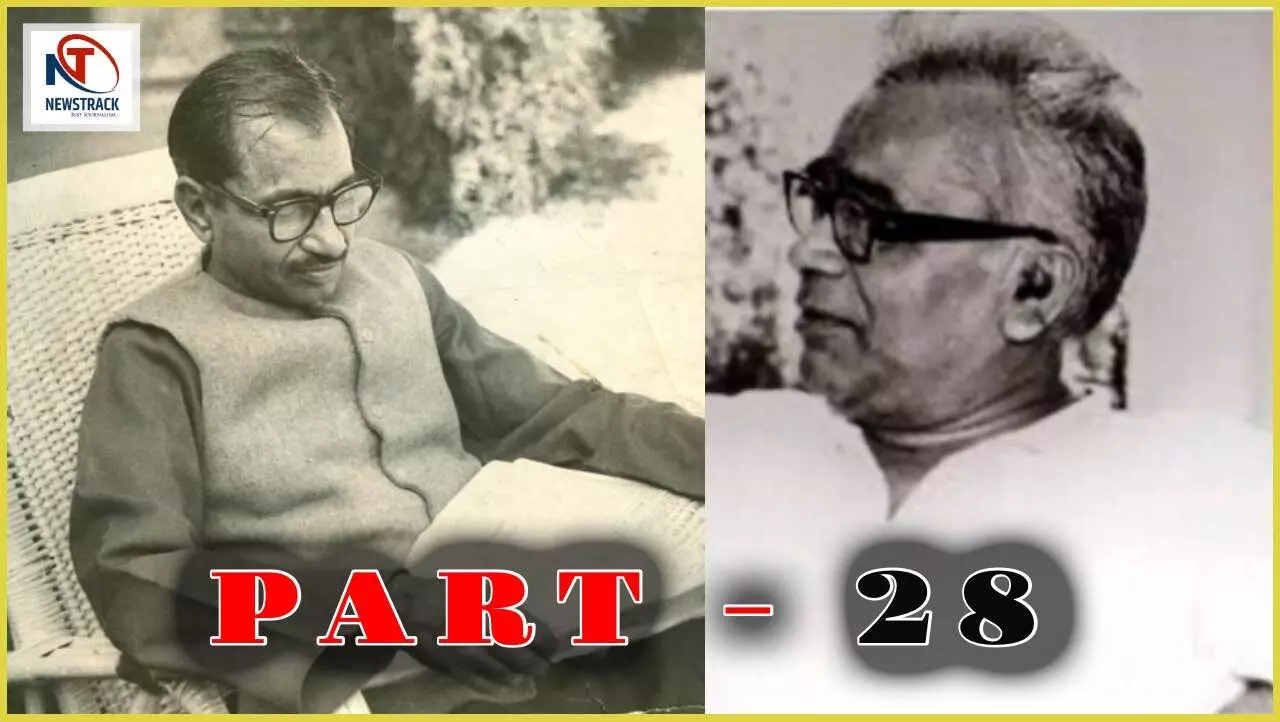TRENDING TAGS :
Book Part 28: Gender Justice and the Role of Women in Nation-Building
Ram Manohar Lohia and Deen Dayal Upadhyay Book Part 28: Their philosophies, though emerging from different traditions, converged in demanding respect, empowerment, and leadership for women — not just in law, but in every sphere of life.
Ram Manohar Lohia and Deen Dayal Upadhyay Yogesh Mishra Book Part 28
A society cannot be considered just or civilized until it ensures equal dignity, rights, and opportunities for women. Both Ram Manohar Lohia and Deendayal Upadhyay recognized that gender justice is not a marginal concern but central to national regeneration. Their philosophies, though emerging from different traditions, converged in demanding respect, empowerment, and leadership for women — not just in law, but in every sphere of life.
1. Lohia’s Revolutionary Feminism
Lohia was among the few male politicians of his time who explicitly championed women’s equality. He proposed:
- One-third representation for women in politics and public service
- Recognition of patriarchy as a structural injustice
- Emphasis on economic independence and education for women
- Promotion of inter-caste and inter-community marriages to challenge social rigidity
He believed that no socialist revolution could succeed without gender revolution.
2. Upadhyay’s View on Women and Dharma
Upadhyay saw women as shakti (power) — not just in spiritual terms, but in societal strength. His beliefs included:
- Women must be honored and protected, but also empowered and self-reliant
- Motherhood, intellect, and leadership are complementary, not conflicting roles
- Society must respect feminine virtues, not exploit or suppress them
- Culture must evolve to ensure equality rooted in dignity, not imitation
His vision was of nari shakti integrated with rashtriyata (national purpose).
3. Social Justice Begins at Home
Lohia argued that household hierarchies often mirror and reinforce public inequalities.
Upadhyay emphasized that the family unit must be reformed ethically, where women’s voices shape values and decisions.
Both believed the personal is political, and empowered homes build empowered nations.
4. Education, Representation, and Rights
Lohia promoted universal education for girls, and quotas for women in legislatures long before it became mainstream.
Upadhyay supported moral and cultural education, ensuring women are aware of their rights and rooted in their identity.
Convergence: Both demanded substantive participation, not symbolic presence.
5. Contemporary Reflections
Even today, women face:
- Discrimination in law enforcement, education, employment
- Under-representation in legislatures and leadership
- Normalization of violence and silencing in media and family
- Exploitation under both traditional patriarchy and modern commodification
The ideals of Lohia and Upadhyay remind us that gender equality is not optional — it is foundational.
Conclusion
Ram Manohar Lohia and Deendayal Upadhyay stood on different philosophical ground, yet both elevated women’s rights and roles as essential to the Indian renaissance. Where Lohia fought patriarchy with political radicalism, Upadhyay called for a return to ethical and spiritual respect for womanhood. Together, they laid the groundwork for an India where no woman is limited by gender, and no nation limits itself by excluding its daughters.


